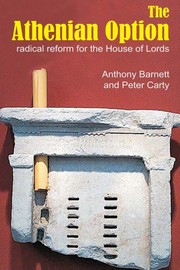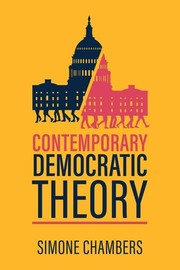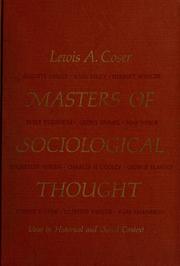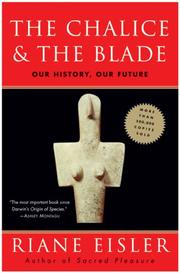Free audiobook from firesidephilosophers productions, THE FUTURE COULD BE BRILLIANT (2019). Some of the books referred to in this "Scottish perspective on why much of the world seems crazy… and what to do about it." Narrated by Douglas Canning and Jane Garven.
- https://www.podchaser.com/podcasts/the-future-could-be-brilliant-2291001
- https://podcasts.apple.com/us/podcast/the-future-could-be-brilliant/id1488453668
- https://thefuturecouldbebrilliant.podbean.com/
 List Order
List Order
List Order
Last Modified
-
 First published in 2013 — 1 edition
First published in 2013 — 1 edition -
While an essential read for everyone, this book predates the research examining actual physiological brain differences, so does not differentiate well between psychopath and sociopath. Psychopaths have actual differences in brain structure, while sociopaths are generally formed by environmental forces.
-
Hare was the developer of the psychopath test
-
Journalist who brought much of Hare's research to the general public
-
Lobaczewski was the surviving creator of the group who composed this book during wartime
-
Newer perspectives on early civilizations
-
 First published in 2011 — 1 edition
First published in 2011 — 1 edition
How landed gentry still hold the money, the land, and thus the power
-
“Show the people that our Old Nobility is not noble, that its lands are stolen lands - stolen either by force or fraud; show people that the title-deeds are rapine, murder, massacre, cheating, or court harlotry; dissolve the halo of divinity that surrounds the hereditary title; let the people clearly understand that our present House of Lords is composed largely of descendants of successful pirates and rogues; do these things and you will shatter the Romance that keeps the nation numb and spellbound while privilege picks its pocket.”
― Thomas Johnston, Our Scots noble families -
Altemeyer developed the authoritarian followers surveys for rating extremism in both left and right politics and in religion. Excellent review of the book here:
https://www.goodreads.com/review/show/172236023 -
 First published in 2006 — 4 editions
First published in 2006 — 4 editions
Conservatives John Dean and Barry Goldwater consulted with Altemeyer when documenting the disturbing direction the Republic Party was taking at the hands of authoritarian followers
-
Fritjof Capra's "Friendly Revolution"
-
 First published in 1991 — 8 editions
First published in 1991 — 8 editions -
 First published in 2008 — 3 editions
First published in 2008 — 3 editions
Draws on ancient Greek democratic rule by jury with legislators. Highly successful system.
"Before New Labour came to power and when even the prospect of reform of Britain's House of Lords was regarded with scepticism, Anthony Barnett and Peter Carty developed the idea of selecting part of a new upper house by lot: creating a jury or juries, that are representative of the population as a whole while being selected at random, to assess legislation." (publisher) -
 First published in 2009 — 3 editions
First published in 2009 — 3 editions
Democratic Innovations: Designing Institutions for Citizen Participation
-
 First published in 2023 — 3 editions
First published in 2023 — 3 editions
"charts this pivot and surveys the most important new developments in the philosophical, theoretical, and normative examination of the concept of democracy. Comparisons that dominated 20th century democratic theory - between direct democracy, participatory democracy, deliberative democracy, and agonistic democracy - are in the 21st century giving way to comparisons between democracy and its challengers: epistocracy, technocracy, meritocracy, oligarchy, and autocracy. Philosophical interest in the canonical figures of democratic theory like Aristotle, Rousseau and Mill is being eclipsed by damage control in the face populism, sinking trust in democratic institutions, failing political parties, and the spread of misinformation.
Overarching epochal forces of crisis and threat are pushing democratic theory in new directions and towards new ideas. This refreshing and authoritative text identifies, explains, and evaluates the new directions taken by contemporary democratic theory in challenging times." (publisher)
-

First published in 1971 — 4 editions
History
- Created September 3, 2024
- 27 revisions
| May 7, 2025 | Edited by vivienne | Updated list. |
| May 7, 2025 | Edited by vivienne | Updated list. |
| May 7, 2025 | Edited by vivienne | Updated list. |
| May 7, 2025 | Edited by vivienne | Updated list. |
| September 3, 2024 | Created by vivienne | Created new list. |
















